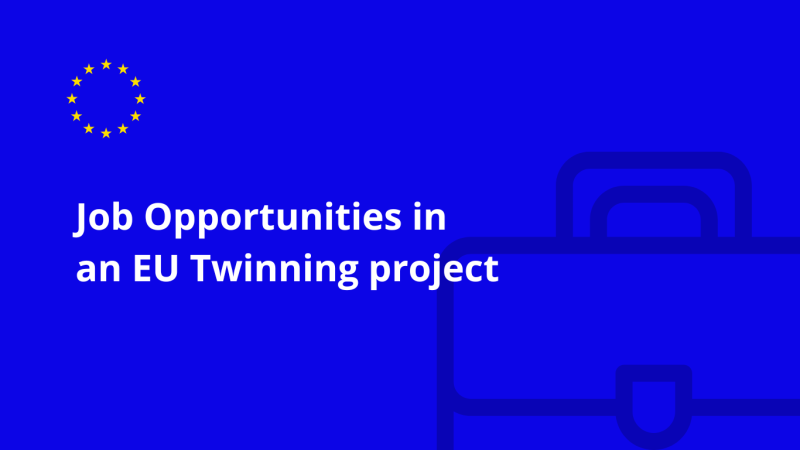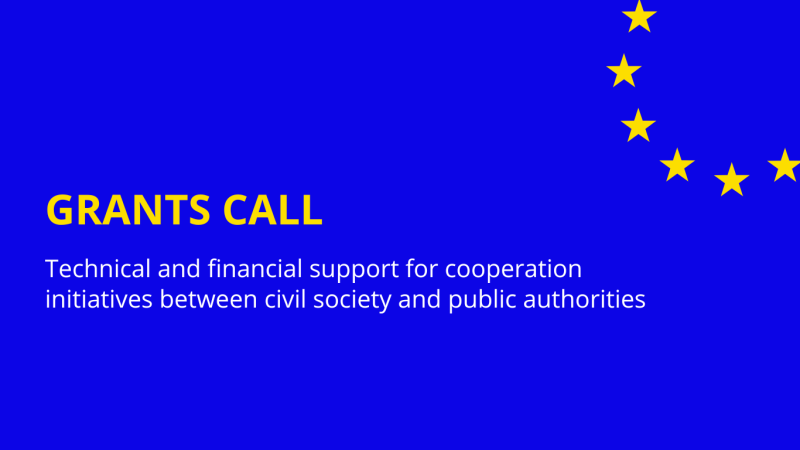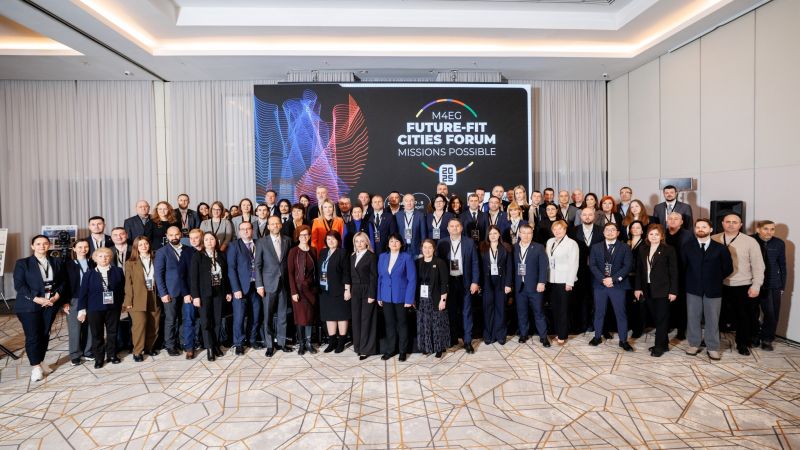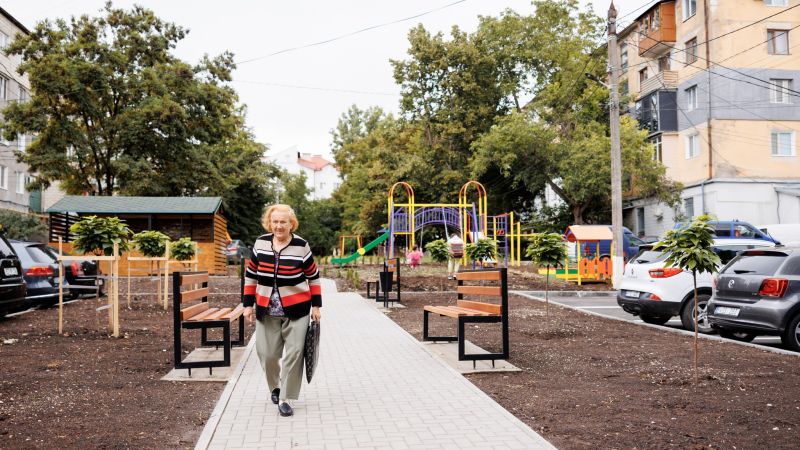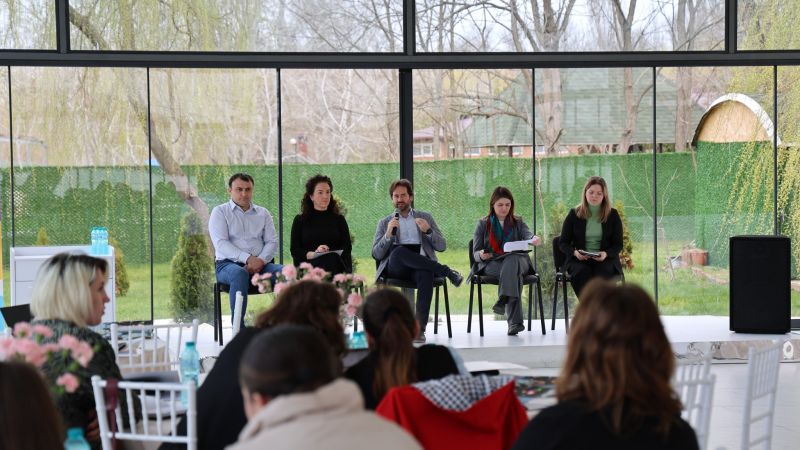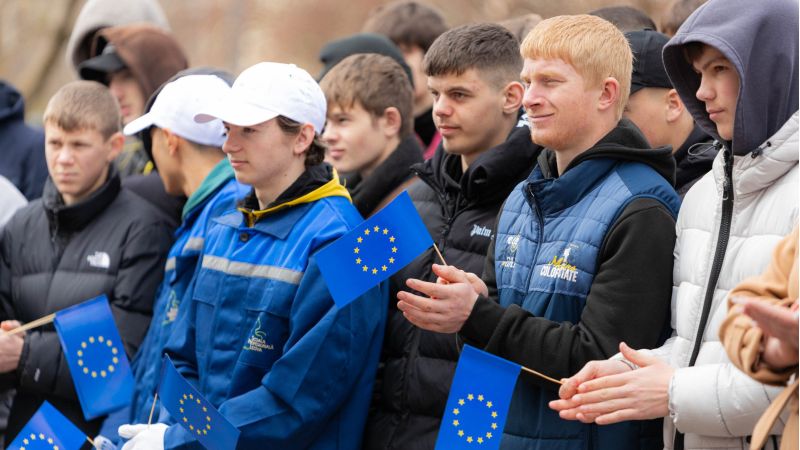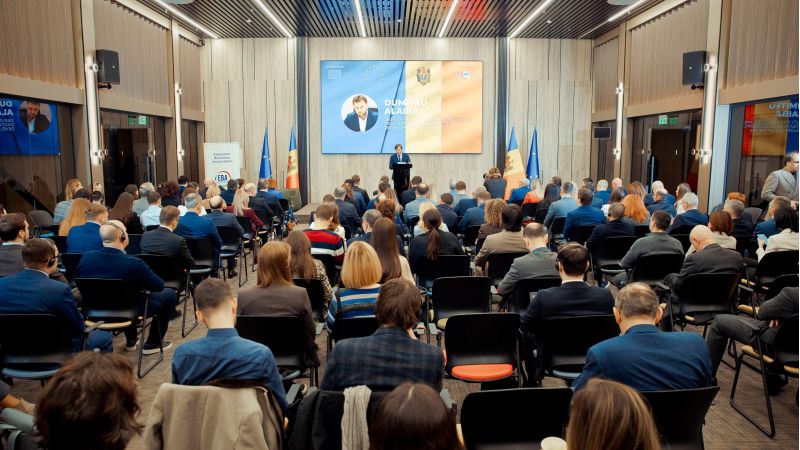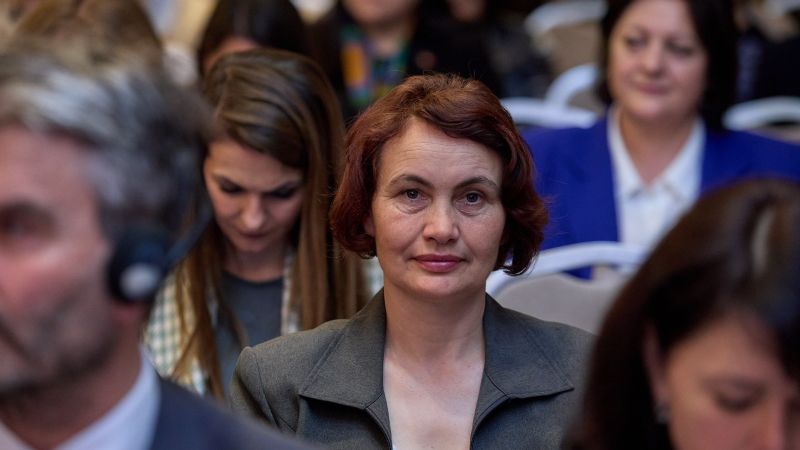
EUROPEAN UNION BORDER ASSISTANCE MISSION SHARES BEST EUROPEAN PRACTICES OF RANDOM CONTROL
On 18 November, EUBAM organised an online workshop on the application of random control in the risk analysis system for top management and officers of the State Customs Service of Ukraine. The Mission invited officers of the National Revenue Administration of the Republic of Poland to be the main speakers of the event. Representatives of the Customs Service of the Republic of Moldova also joined the workshop to broaden their knowledge on the matter.
Experts from the National Revenue Administration of the Republic of Poland introduced the participants to their approach towards basic principles, functions, and goals of random control. At the same time, the participants discussed conditions for proper functioning and effective implementation of the random control, paying special attention to practical aspects of this issue. Polish experts shared with their Ukrainian and Moldovan counterparts their experience in the implementation of random control into the risk analysis system and its effective usage in countering smuggling. At the end of the workshop, the Ukrainian and European customs professionals had a roundtable discussion on the implementation of random control within the State Customs Service of Ukraine.
Referring to the outcome of the workshop, the Head of EUBAM, general Slawomir Pichor said,
“On the one hand, proper random control procedures help to counter non-compliance by companies that are well-aware of methods and measures applied by customs officers. On the other, its very random nature helps to minimize the risk of corruption’s influence on the illegal inflow of goods and contraband into the country. Because of these unpredictable checks, customs authorities stay alert and updated as risks constantly evolve with time. Thus, workshops like this, not only help our partners to get acquainted with the best European practices on the matter but also to establish a dialogue with their EU counterparts and exchange valuable practical experience.”

